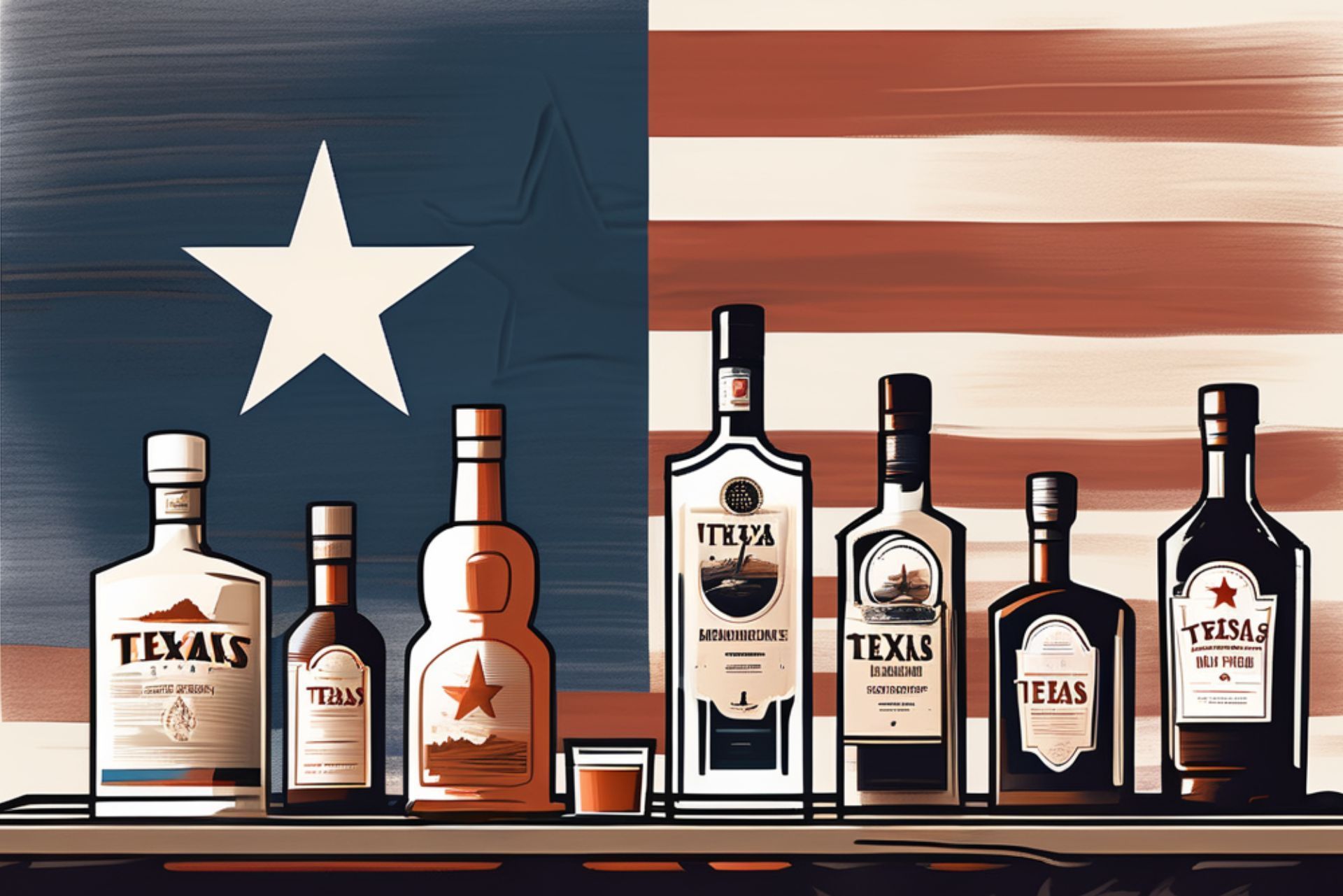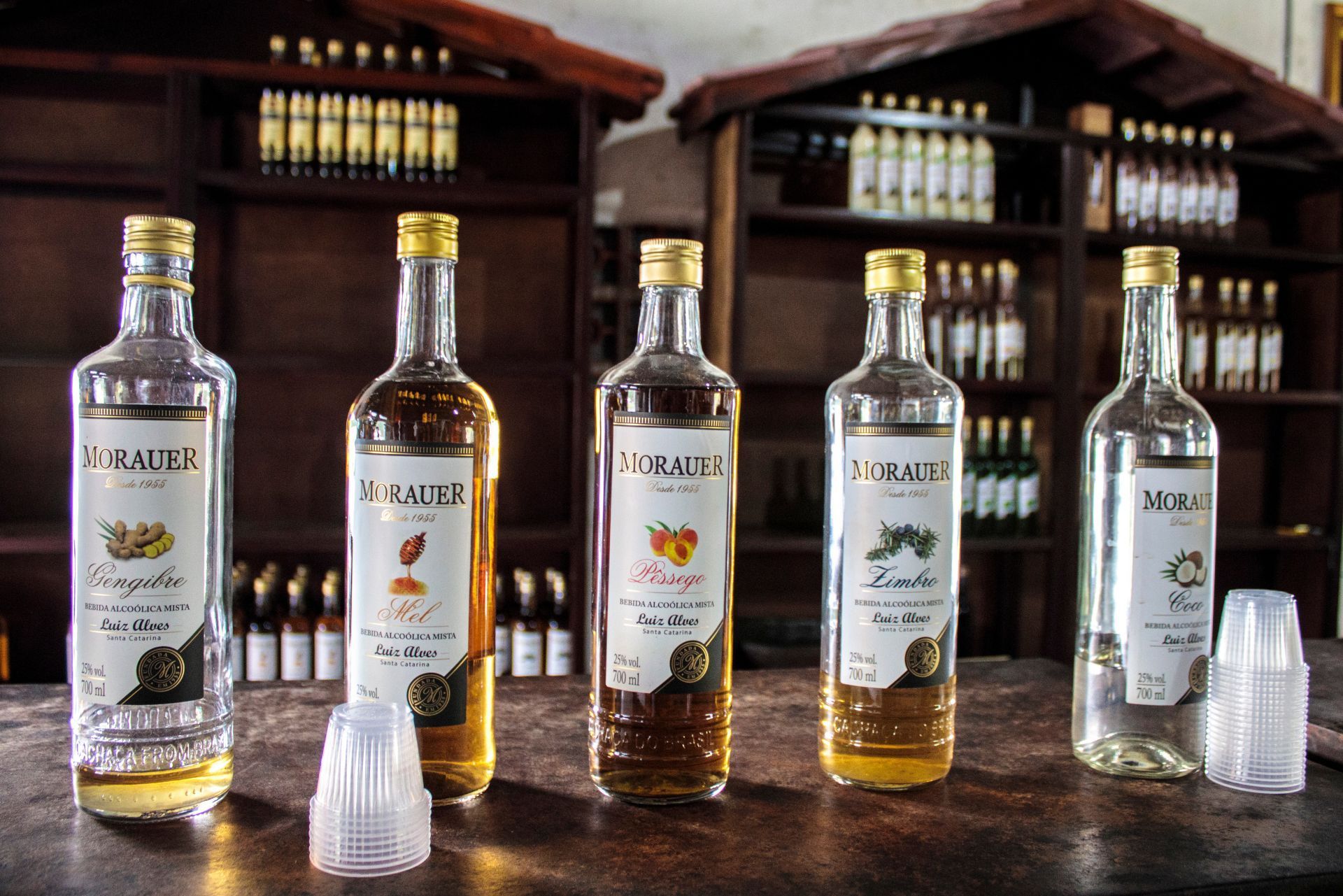Top 3 Recommended Policies
Index
Contact Us
Understanding the nuances of liquor liability in Texas is crucial for anyone involved in the business of selling or serving alcohol. This comprehensive guide will delve into the intricacies of this complex topic, providing you with the knowledge you need to navigate this legal landscape.
The Basics of Texas Liquor Liability
Before we delve deeper, it's important to grasp the basic concept of liquor liability. In Texas, as in many other states, businesses that sell or serve alcohol can be held legally responsible for any harm or damage caused by intoxicated patrons. This is known as 'dram shop liability'.
However, the Texas Alcoholic Beverage Code provides some protection for these businesses, often referred to as 'safe harbor'. This protection is available if the business ensures that all its employees are trained in the TABC certification program, and it has not directly or indirectly encouraged the employee to violate such laws.
Understanding Dram Shop Liability
Dram shop liability in Texas is based on the idea that businesses should bear some responsibility if they serve alcohol to obviously intoxicated individuals who then cause harm to others. This could include drunk driving accidents, assaults, and other alcohol-related incidents.
However, proving dram shop liability can be complex. The plaintiff must show that at the time of the sale, the recipient was obviously intoxicated to the extent that he presented a clear danger to himself and others. Furthermore, the intoxication must be a proximate cause of the damages suffered.
The Safe Harbor Provision
The Safe Harbor provision is a crucial aspect of Texas liquor liability law. It provides some protection for businesses that have taken steps to ensure their employees are properly trained in responsible alcohol service.
To qualify for this protection, the business must show that it requires all its employees to attend a TABC-approved seller training program, that it has not directly or indirectly encouraged the employee to violate the law, and that it was not the employer who sold the alcohol to the intoxicated customer.

How to Protect Your Business from Liquor Liability
Given the potential legal and financial consequences of liquor liability, it's crucial for businesses to take steps to protect themselves. This includes ensuring all employees are properly trained, implementing strict policies on alcohol service, and obtaining adequate liquor liability insurance.
Training should be a top priority. The TABC offers a certification program that teaches employees about responsible alcohol service, including how to spot fake IDs and how to refuse service to intoxicated customers. Regular refresher courses are also a good idea to ensure employees stay up-to-date with the latest laws and best practices.
Implementing Strict Alcohol Service Policies
Having clear, written policies on alcohol service can help protect your business from liquor liability. These policies should outline when and how to refuse service, how to handle intoxicated customers, and what to do in case of an alcohol-related incident.
It's also important to enforce these policies consistently. Regular staff meetings can be used to reinforce the importance of responsible alcohol service and to address any issues or concerns.
Obtaining Liquor Liability Insurance
Liquor liability insurance is a must for any business that sells or serves alcohol. This type of insurance can help protect your business from the financial fallout of a liquor liability lawsuit.
Keep in mind that
general liability insurance often does not cover liquor liability claims. Therefore, it's important to discuss your specific needs with your insurance provider to ensure you have adequate
coverage.

What to Do If Your Business Is Sued for Liquor Liability
If your business is sued for liquor liability, it's important to act quickly and seek legal advice. A lawyer with experience in liquor liability cases can guide you through the legal process and help you build a strong defense.
Remember, even if you have liquor liability insurance, you should still consult with a lawyer. Your insurance company will likely provide a lawyer for you, but it's always a good idea to have your own legal counsel to ensure your interests are fully protected.
Preserve Evidence
As soon as you become aware of a potential liquor liability claim, start preserving evidence. This could include surveillance footage, receipts, employee schedules, and any other documents or records that might be relevant to the case.
It's also a good idea to document any conversations or interactions related to the incident. This could include conversations with the customer, other employees, or law enforcement.
Cooperate with Your Insurance Company
Cooperating with your insurance company is crucial when facing a liquor liability claim. This includes promptly reporting the incident, providing all requested information, and following your insurer's instructions.
Remember, your insurance company is there to help you. However, they also have their own interests to protect, so it's important to have your own legal counsel to ensure your rights are protected.
Conclusion
Understanding and navigating Texas liquor liability laws can be complex, but it's crucial for any business that sells or serves alcohol. By ensuring your employees are properly trained, implementing strict alcohol service policies, and obtaining adequate insurance, you can protect your business from potential legal and financial fallout.
Remember, if you're ever faced with a liquor liability claim, seek legal advice immediately. A lawyer with experience in this area can guide you through the process and help you build a strong defense.






